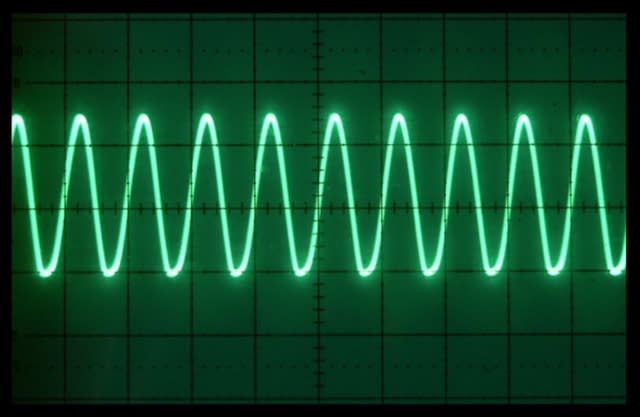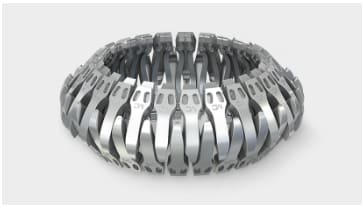matjan
Chemical
- Jun 11, 2006
- 1
Hi,
I would like to know how to calculate the cogeneration potential (electricity generation) that is possible to achieve with a given steam condensing turbine at some efficiency. In this case, with efficiency I mean the MWh produced per MMBTU of energy extracted from the steam.
Let's say I have 27.2 ton/h (60 klb/h) of saturated steam at 2.4 bar (35psi) going into the turbine and an outlet pressure of 0.15 bar.
Is 0.15 bar a usual outlet pressure for a steam condensing turbine?
What is a typical efficiency value (in MWh/MMBTU extracted)?
How much energy is extracted from the steam that can be converted to electricity under these circumstances?
How do I go about calculating this amount of energy?
Many thanks,
mat
I would like to know how to calculate the cogeneration potential (electricity generation) that is possible to achieve with a given steam condensing turbine at some efficiency. In this case, with efficiency I mean the MWh produced per MMBTU of energy extracted from the steam.
Let's say I have 27.2 ton/h (60 klb/h) of saturated steam at 2.4 bar (35psi) going into the turbine and an outlet pressure of 0.15 bar.
Is 0.15 bar a usual outlet pressure for a steam condensing turbine?
What is a typical efficiency value (in MWh/MMBTU extracted)?
How much energy is extracted from the steam that can be converted to electricity under these circumstances?
How do I go about calculating this amount of energy?
Many thanks,
mat




